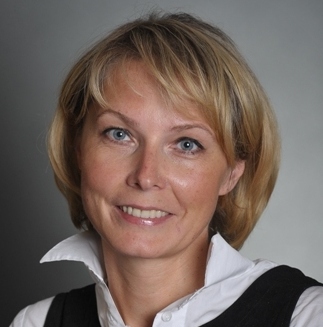Legal overviews
Legislative unification of the supreme courts has taken place
- Service: Commercial Arbitration and out-of-court dispute resolution
- Date: 12.02.2014
On February 6, 2014, Russian President Vladimir Putin signed the Federal Constitutional Law No.3-FKZ dated February 5, 2014 “On the Supreme Court of the Russian Federation” (hereinafter the “law”).
The law was dedicated to the new Supreme Court, created by merging the Commercial Arbitration Court with the existing Supreme Court of the Russian Federation.
As reported earlier, the new Supreme Court will be located in St. Petersburg, with a representative office in Moscow.
The law clarifies the competence of the new Supreme Court in examining the various types of cases where it may act as a supervisory, cassation or appeal court. In addition, for the first time in a regulatory act, a list of categories of cases under the jurisdiction of the new Supreme Court as the first-instance court has been established.
It is important to note that the new Supreme Court will contain three additional boards: disciplinary, for economic disputes and for matters regarding military servicemen.
Therefore, the composition of the Supreme Court will now be as follows: Plenum, Presidium, Appeals and Disciplinary boards, and judicial boards for administrative, civil and criminal cases, economic disputes, and matters regarding military servicemen.
The Law also provides that the composition of judges will be formed selected anew through the qualification and examination board, and will include 170 people.
Earlier, President Vladimir Putin requested to combine the Commercial Arbitration Court and the Supreme Court in June last year at the St. Petersburg international economic forum, and thereafter the appropriate Federal Constitutional Law was approved by the State Duma on January 24, 2014 and by the Federal Council on January 29, 2014.
The unification of the higher courts is expected to provide a unified approach to the formation of court practice on cases involving both individuals and organizations, as well as public authorities and local governments. However, this legislation has attracted much criticism from representatives of the legal community as to the extent to which this measure will actually be effective.
Such criticism is largely due to the fact that in recent years the system of commercial arbitration courts has gone far ahead of the system of general courts, in the use of information technology, and in terms of organizational structure. However, the adoption of the amendments actually means the elimination of the Supreme Commercial Arbitration Court, and the accession of its functions to the Supreme Court, which does not offer such a level of organization and transparency.
The law establishes a transitional period of six months for combining the higher courts. Currently, the procedure of case examination remains the same as before.
Only time will tell how effective these reforms to the judicial system will be. Nevertheless, the change in supervisory policy will definitely have an impact on the position of the highest court and can significantly change the arbitration practice as regards economic disputes.
Additional notes
Should any questions arise in connection with the above or if you need any additional materials, please contact Irina Onikienko, St. Petersburg Office of Capital Legal Services.
This Information letter keeps the clients of Capital Legal Services and other interested parties abreast of information that may, to any extent, affect their activity or cater to their particular interests. The opinions and commentaries expressed in this information letter shall not be deemed as legal opinions and do not cancel the need to obtain legal advice or legal opinion on separate issues.
|
|
Irina Onikienko
|
|
